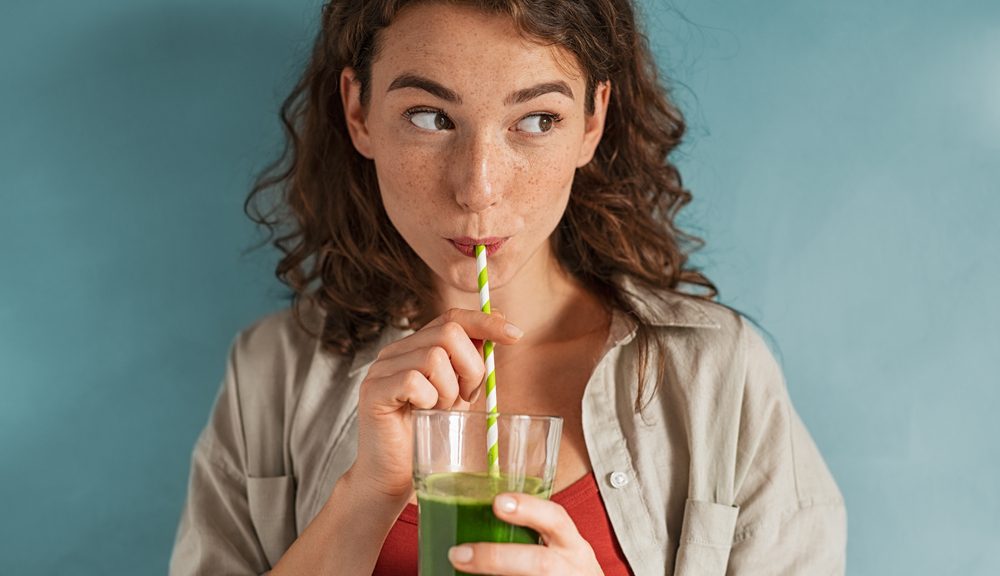
Post-Summer Detox: Tips and Myths
September can often feel like another new year. When the kids go back to school this is the chance to re-set and focus back on our health and wellbeing after the summer holidays. Whether it’s been unhealthy eating with the kids or too much sangria in the sunshine, Sally Duffin, registered nutritional therapist for Vitaminology, has busted five common myths and gives her top tips for successful detoxing this September.
Detox myths
There are many myths and spurious claims about detoxing. Here are five of the most common ones:
- You must fast to detox properly
Myth: Fasting is unsuitable for many people and should only be carried out under the guidance of a medical professional. There is no need to fast for an effective detox. Eating nutritious meals and drinking plenty of water is essential to ensure you have optimum levels of vitamins, minerals, and phytonutrients needed for the detoxification organs to work efficiently.
- Detoxing is good for your liver
Fact: The liver is incredibly hardworking. It processes nutrients from foods, alcohol, drugs, and supplements, neutralising harmful toxins so they can be eliminated from the body via bile and faeces. Give it less to do occasionally.
- Detoxing is the best way to lose weight
Myth: Any form of detox that cuts out processed foods, alcohol, and refined sugars will probably result in a small amount of weight loss due to fluid loss. But this is unlikely to be sustainable once normal eating habits are resumed.
- Detoxing can heal your gut
Myth: Cleaning up your diet and avoiding processed foods and alcohol may alleviate digestive symptoms like wind, bloating, constipation, and irritable bowel syndrome (IBS). However, there is no evidence to suggest that a detox can help manage increased intestinal permeability aka “leaky gut”.
- A juice cleanse is the best way to detox
Myth: Juice cleanses are an intense form of detox, unsuitable for many people. Drinking only pure fruit and vegetable juice can affect blood sugar regulation and put unnecessary strain on the pancreas.
7 Tips for a Successful Detox
- Choose the right kind of detox plan to suit your dietary needs
- Carve out time in your schedule to enjoy your detox.
- Make sure you have everything you need before you begin: e.g., foods, herbal teas, dry skin brush, reflective journal.
- Set an intention for your detox. You may want to break an addictive social media habit or commit to avoiding refined sugar. Write this down and leave it where you can see it every day.
- Take it steady! A sudden switch to wholefoods can be a surprise for your body. Try gradually tapering down the caffeine and processed foods while slowly introducing healthier alternatives.
- Go at your own pace and allow time to notice any feelings and emotions that may arise.
- Drink plenty of water and ensure daily, comfortable bowel movements – toxins need to leave the body via urine and faeces!
Sally concludes: “There are no quick fixes to problems caused by poor diet, excess alcohol, and a stressful lifestyle. We live in a world of increasing amounts of environmental toxins which our physiology is not adapted to cope with. All these issues place additional strain on the detoxification organs and can contribute to ill-health. Taking the time to review your diet and lifestyle habits and consider a gentle seasonal detox can give body and mind the space and resources they need to stay well in the modern world.“